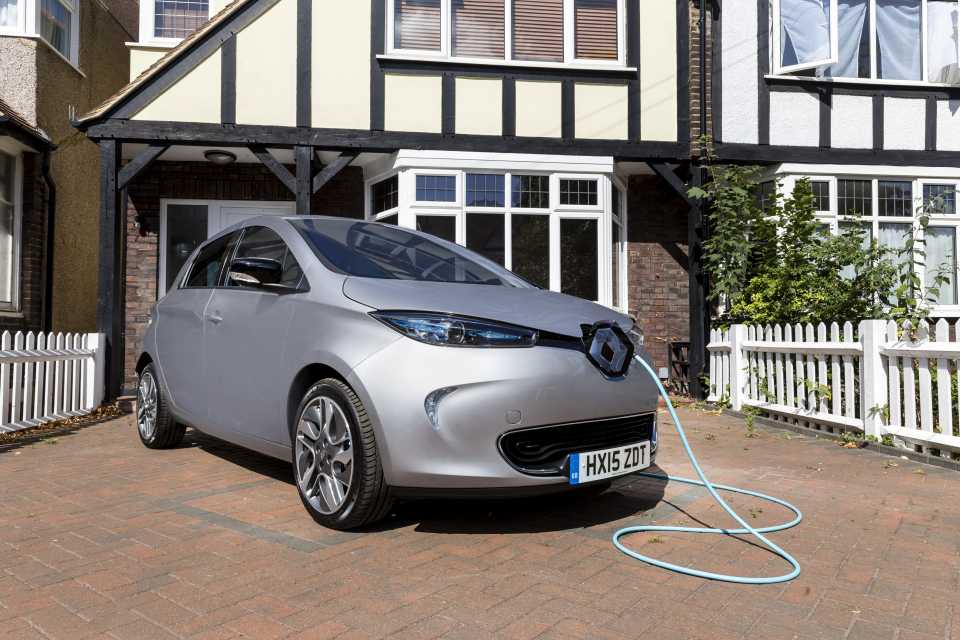REA calls for a smarter charging infrastructure to facilitate a major shift to EVs

The Renewable Energy Association (REA) will today, 28 September, launch its ‘Forward View’ report at GreenFleet's Arrive 'n' Drive, which looks at the evolution of the UK’s electric vehicle market.
The View outlines the rapid pace of technological change expected by the organisation between 2017 and 2040, when the government’s ban on the sale of new petrol and diesel vehicles will come into force.
The report anticipates that consumer behaviour will change as electric vehicles become more widespread and that there will be a significant increase in miles driven electrically, in fully electric and extended ranges EVs, prompting a shift away from traditional filling stations, with the majority of charging taking place at home and at work.
In addition, it predicts that this would be supplemented by public charging at supermarkets, car parks and at charging hubs along motorways.
The report states that such charging could be supplemented by smart tariffs (which could allow consumers to charge at different prices, depending on need and grid capability), onsite renewable energy, and onsite battery storage.
The REA is calling for key government interventions to support this shift, including consistent minimum quantity and specification for EV charging at all new supermarkets, car parks, and other retail outlets over a certain size.
It calls for the regulation to require the installation of three-phase electricity supply in all new homes and integrated charging into all residential developments and the encouragement of the use of onsite renewables.
The REA is also urging for the speedy enactment of the Smart Systems and Flexibility Plan launched by the Department for Business, Energy, and Industrial Strategy in July.
If such changes are implemented the REA believes that Electric and Plug-in Hybrid Electric Vehicles could make up 50 per cent on new vehicle sales in the UK by 2025.
Commenting on the report, Matthew Trevaskis, head of electric vehicles at the Renewable Energy Association said: “This Forward Look is our way of communicating that we think the shift to electric vehicles, in part or in whole, could take place much more rapidly than most of the public and many in government currently think. It’s essential that government is factoring in this historic shift into new building regulations, infrastructure investment, and energy policy so that the transition is as smooth as possible and Britain benefits from its current leadership position.
“By the time the government’s 2040 diesel and petrol vehicle ban comes into play, we believe it to be likely that a viable alternative system will already be in place. The 2040 ban was a useful first step, and what’s needed now is a clear national and regional charging strategy.”



